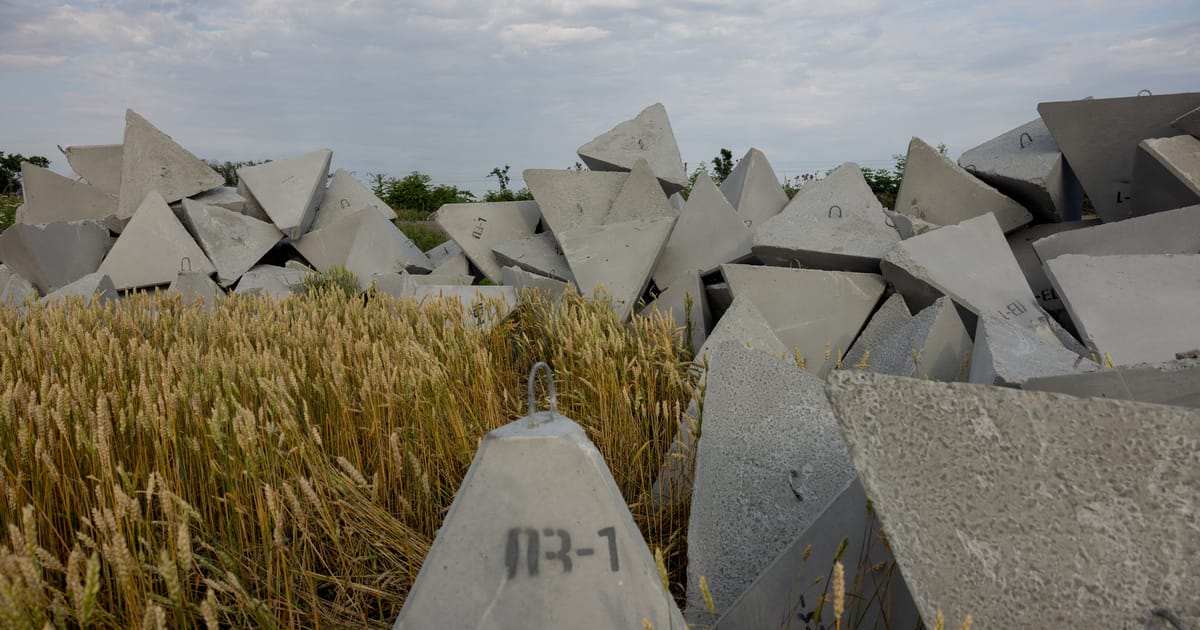

Recent global events are shining a light on the complex tapestry of international relations and security dynamics. This article explores how countries and groups worldwide are navigating these challenges, from fortifying defenses to unexpected alliances and maritime security incidents. Each scenario provides a nuanced perspective on ongoing geopolitical tensions and efforts to foster stability.
In Eastern Europe, Ukraine is actively revamping its frontline fortifications to counter the evolving strategies of Russian forces. As Russian units have shifted to smaller, more agile formations, Ukraine has responded by enhancing its defensive structures and employing sophisticated drones. This transformation underscores Ukraine’s commitment to protecting its sovereignty while maintaining resilience in the face of aggression. The calm determination and strategic adaptations of Ukrainian forces serve as a testament to their resolve and capacity for innovation amid conflict.
Meanwhile, in the Middle East, an intriguing development has emerged in Gaza. Yasser Abou Shebab, the leader of a Palestinian militia, has acknowledged cooperation with the Israeli army, despite being accused of looting humanitarian aid trucks. This alliance signifies a complex network of interests and a potential opening for dialogue in a region often marked by entrenched hostilities. Abou Shebab’s ability to move freely in areas under Israeli control and open communication channels illustrates a delicate balance of power and shared goals. Such interactions could potentially pave the way for broader collaborations and a shift towards more stable relations in the region.
In addition, tensions have risen in the Red Sea, where a vessel was attacked with gunfire and grenades off the coast of Yemen. Although no group immediately claimed responsibility, the incident highlights ongoing risks to maritime security. The ship’s armed security team responded to the assault, and authorities are closely monitoring the situation. This occurrence underscores the strategic importance of the Red Sea as a critical maritime route and the necessity for vigilant security measures to protect international trade corridors. As nations collaborate to ensure safe passage, there is a shared commitment to upholding maritime peace.
These events, though distinct, are interconnected threads in the fabric of global security. Ukraine’s defensive fortifications, the unexpected Palestinian-Israeli cooperation, and the Red Sea’s maritime vigilance reflect the complexities of modern geopolitical interactions. While challenges persist, these scenarios also offer glimpses of potential progress and resolution. Through strategic adaptations, open communication, and cooperative measures, there lies an opportunity to foster a more peaceful and stable global environment, enriching our collective pursuit of harmony and understanding.
Source: {link}
